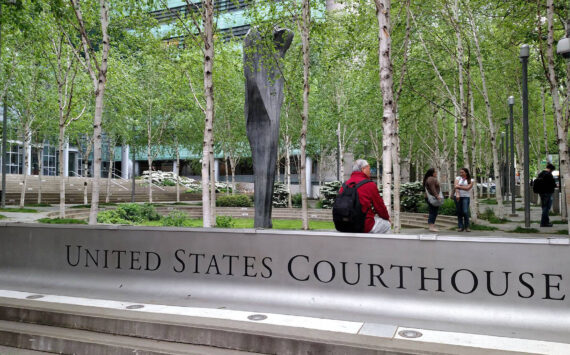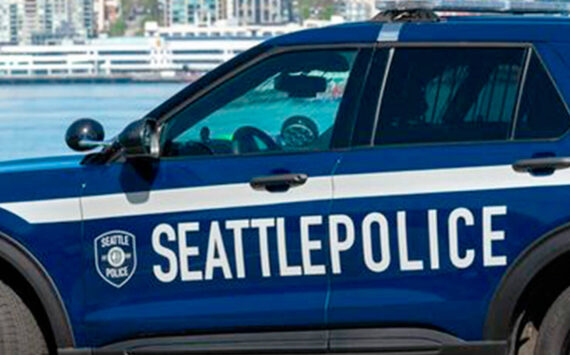COULD THOSE Sea-Tac Airport workers who vacuum the planes, pour the drinks, and push the wheelchairs help fight the War on Terrorism? Local unions say there are 5,000 workers at Sea-Tac whose jobs won’t be improved by the federalization of airport security checkers on Feb. 18—people with access to aircraft who are a lot more likely to thwart terrorist attacks if they’re well paid and happy.
Last week, union representatives brought some of those employees to Olympia to push for state legislation that would force Sea-Tac to review the employment histories of its contractors, some of whom pay as little as $7 an hour, says the Airport Union Coalition (AUC). While employers like Boeing have used Sept. 11 as an excuse to cut jobs, now unions are apparently hoping the public’s anxiety about air travel will also provide traction for their cause: putting the screws to contractors who pay low wages.
“Minimum-wage, high-turnover workers employed by irresponsible firms cannot make our aviation industry secure,” says AUC spokesperson Steve Marquardt. “A workforce in flux, virtually untrained, with little reason to value their jobs, is unlikely to spot something out of place or to be prepared to respond to a crisis.” Legislation sponsored by state Sen. Margarita Prentice, D-Seattle, would require Sea-Tac Airport, which is operated by the Port of Seattle, to compile reports on wage levels, check the employment histories of contractors, and form cooperative plans with airport employees to reduce turnover.
The proposal actually doesn’t go nearly as far as policies adopted two years ago at the airports in San Fran- cisco and Los Angeles—which imposed minimum wage and benefit levels on their contractors. Subsequent research in San Francisco has shown drastic reductions in employee turnover.
Port Commission chair Clare Nordquist disputes the idea that the bill would significantly improve security at Sea-Tac, saying the measure is really an attempt by unions to gain a bargaining chip in hotly contested union negotiations under way at the airport.
Marquardt responds that the legislation is good public policy, noting that it says nothing about unionizing airport employees.
Kevin Fullerton







